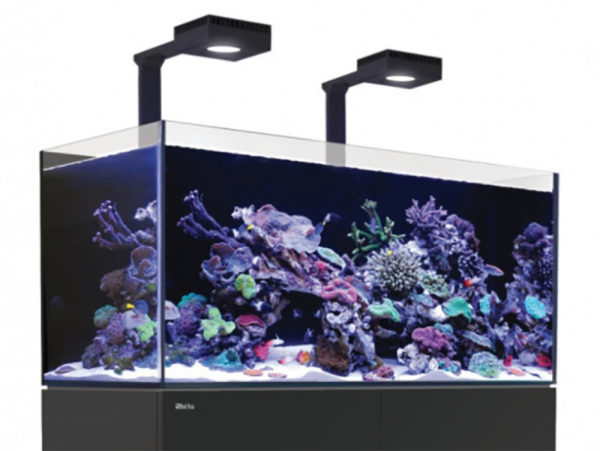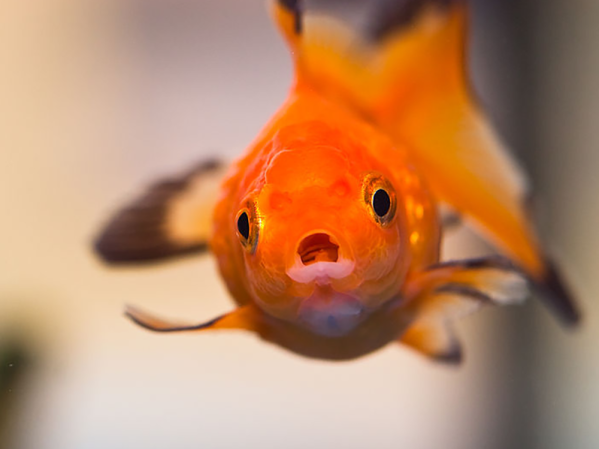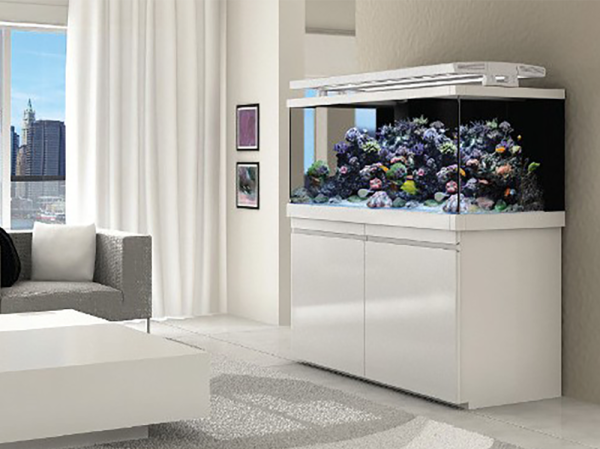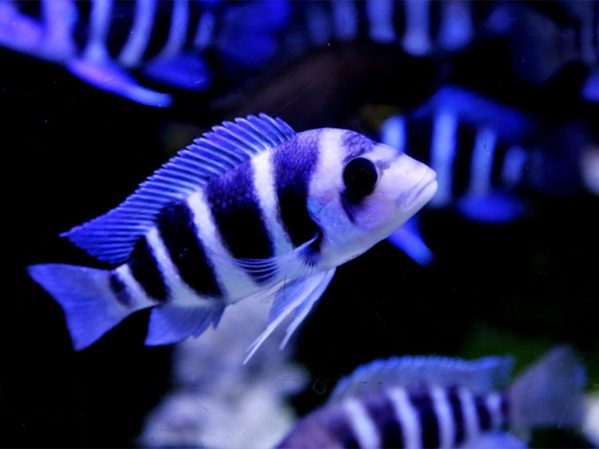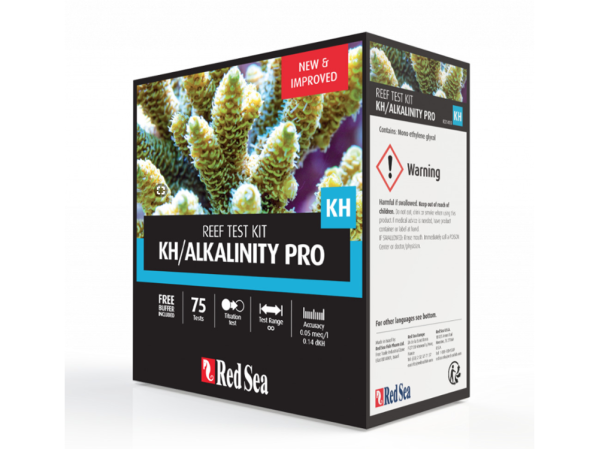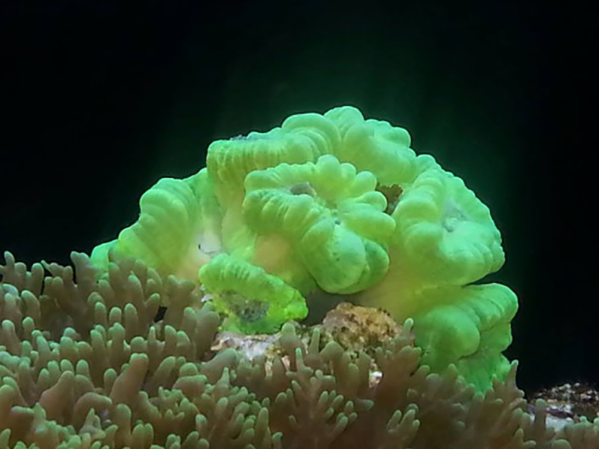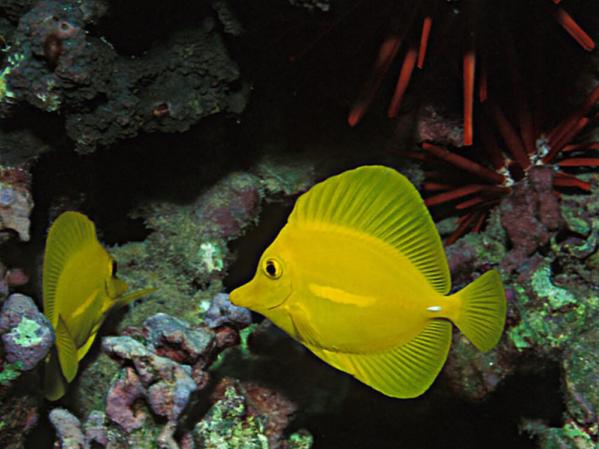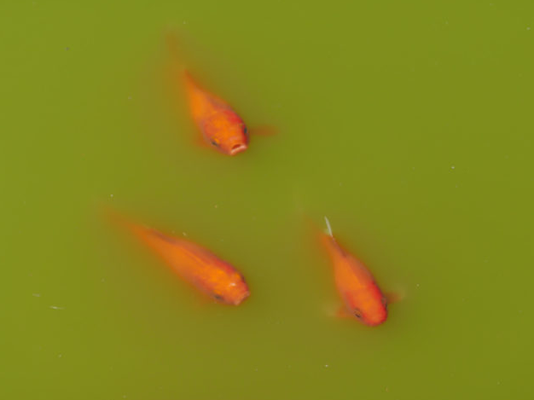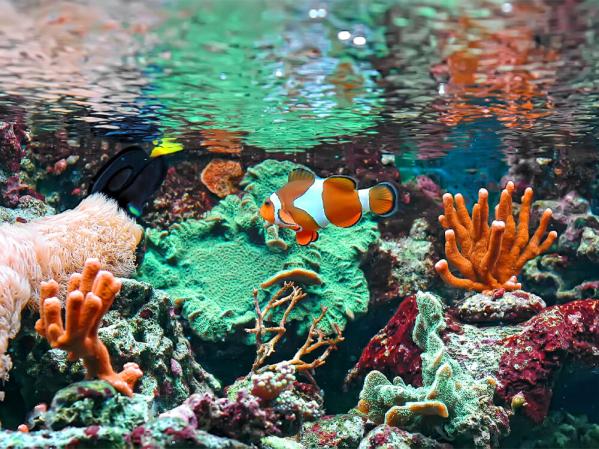Water Quality
-
How to reduce nitrates in a marine tank
High nitrates can be one of the biggest causes of algae in marine tanks, but there's plenty of ways to reduce them. Read our helpful guide to find out how. -
What to do with a dead fish
Here’s the scenario. You look in your tank and find that one of your fish is dead. But is it dead or is it sleeping? How do you tell if a fish is dead? And how do you dispose of it? -
What should my pH be in a saltwater tank?
The pH of the ocean is approximately 8.3 and if you can pH up to 8.3 and hold it there, great, but most salt mixes mix to about pH 8.1. -
Categories: AquariumsWater Quality
What causes high pH in a fish tank?
High pH can be good for some fish that naturally inhabit hard, alkaline waters like Lake Tanganyika cichlids, Malawi cichlids and Sailfin mollies. -
Categories: AquariumsWater Quality
How to test alkalinity in a reef tank
Alkalinity, also known as KH, dKH or Carbonate Hardness is one of the most important parameters in a reef tank. Control KH and you will be well on the way to success. -
How to raise Calcium in a reef tank
Corals need Calcium just like we do, and if they aren’t doing well, after addressing light and water flow, Calcium is usually the thing we think we need to raise first. -
Categories: AquariumsWater Quality
Phosphate remover: How to remove phosphates from a reef tank
Phosphates are a big problem for the reefkeeper. High phosphate levels fuel nuisance algae and retard coral growth. -
Categories: PondsWater Quality
Pond water issues and how to fix them
When you fill a new pond the water will be crystal clear, but it won't stay clear for long. Here are some of the most common pond water problems and how to tackle them. -
How to better understand Marine water chemistry
Mastering water chemistry in a reef tank is just as key to success as using the right lighting. Maybe even more so. So where do you start?




